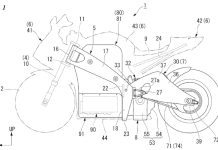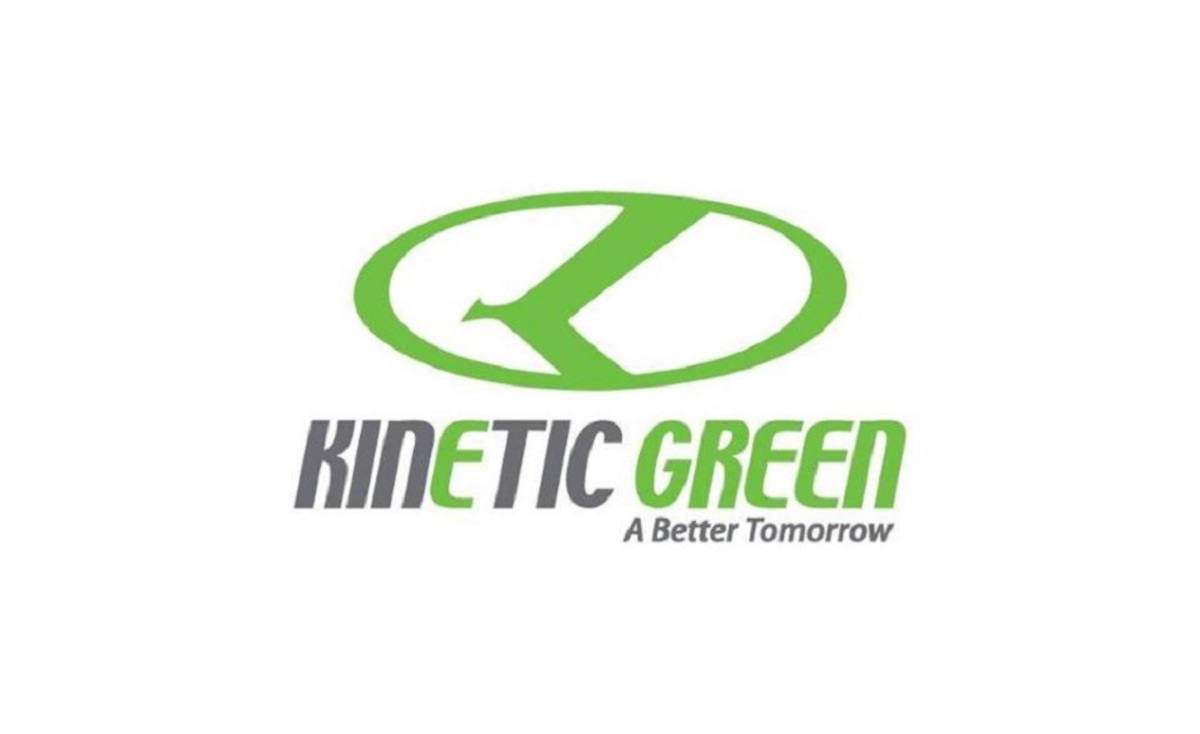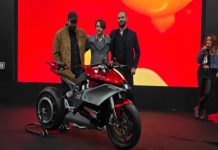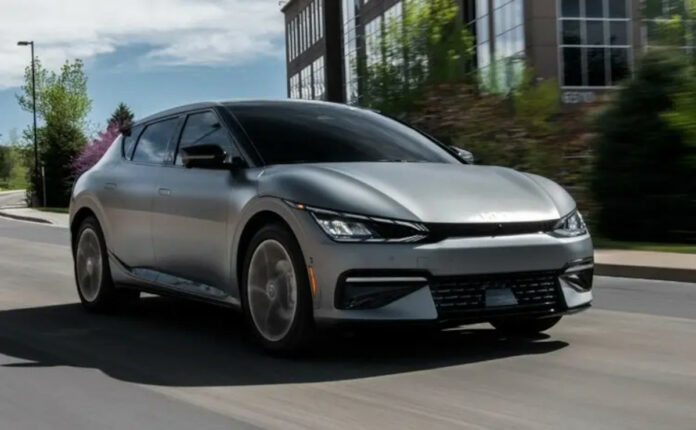Hyundai Ioniq 6
The electric vehicle (EV) market is witnessing an exciting phase of innovation and competition, with various manufacturers striving to improve the efficiency and convenience of their models. A recent study has brought a new dimension to this competitive landscape by focusing on the charging efficiency of EVs, offering insights that could reshape consumer perceptions and priorities. T
his study, evaluating 43 different battery-powered cars, ranks them based on their charging rate, measured in a unique metric: miles gained per hour of charging. Leading this list are models from Hyundai and Kia, with Tesla, a brand traditionally synonymous with EV innovation, finding its top model in the 10th position. This analysis explores the implications of these findings and how they might influence the future of electric vehicle technology.

Kia EV6
The approach of using miles per hour of charging (which factors in both the charging power and the vehicle’s energy efficiency) provides a more consumer-friendly metric than simply stating the charging power in kilowatts. Here are some insights and implications based on the study’s findings:
- Hyundai and Kia’s Impressive Performance: Hyundai and Kia leading the pack with models like the Ioniq 6 and EV6 demonstrate their significant advancements in EV technology. This is especially notable considering that these brands were not traditionally associated with cutting-edge electric vehicle technology, unlike Tesla.
- Methodology Advantages: The method of calculating charging efficiency is quite insightful. It combines how fast the car can take in electricity (charging power) and how efficiently it can use that electricity (energy consumption rate), which is a more practical measure for everyday users.
- Consumer Preferences: These findings might influence consumer preferences, especially for those who value quick charging times. For people who rely on public charging infrastructure or often take long trips, a higher miles-per-hour charging rate can be a significant advantage.
- Tesla’s Position: Tesla being lower in the ranking, especially given its prominence in the EV market, is interesting. It suggests that while Tesla’s overall technology, network, and performance are highly regarded, there are specific areas, like charging efficiency as defined by this study, where other manufacturers are taking the lead.
- Market Competition and Innovation: The presence of diverse brands in the top ranks (like Porsche, Mercedes-Benz, and BMW) indicates healthy competition in the EV sector, driving innovation and improvements across the board. Each manufacturer seems to be focusing on different aspects of EV technology, which benefits consumers through a broader range of choices.
- Future Trends: The results could influence future EV development strategies. Manufacturers might focus more on improving charging efficiency in addition to extending range and reducing charging times.
- Broader Implications for Infrastructure: For EV infrastructure developers and policymakers, understanding that different vehicles charge at vastly different rates can be crucial for planning purposes. It affects everything from the design of charging stations to power grid management.
- Educating Consumers: Such studies can also play a vital role in educating consumers about the nuances of EV technology. Understanding the difference between charging speed and charging efficiency can help consumers make more informed decisions.
Electric Vehicle Charging Efficiency
The key analysis of the study on electric vehicle (EV) charging efficiency, which highlights Hyundai and Kia models as leaders, can be broken down into several crucial points:
- Innovative Metric for Charging Efficiency: The study uses a unique metric – miles per hour of charging – which combines the average charging power with the vehicle’s energy consumption rate. This approach offers a more holistic view of an EV’s efficiency, going beyond just the charging speed or battery capacity.
- Hyundai and Kia’s Leadership: The Hyundai Ioniq 6 and Kia EV6 topping the list indicate a significant leap in technology for these manufacturers. This challenges the market perception that typically sees brands like Tesla as the forerunners in EV technology. Hyundai and Kia’s achievement in this area showcases their commitment to innovation and their ability to compete at the highest levels in the EV market.
- Tesla’s Relative Positioning: Tesla, a brand often regarded as a leader in the EV space, ranks lower in this specific metric, which might come as a surprise to many. This points out that while Tesla excels in many areas (like autonomous technology, battery range, and brand appeal), there are specific metrics like charging efficiency where they face stiff competition.
- Consumer Implications: For EV consumers, especially those who rely on public charging or frequently travel long distances, this metric is particularly relevant. It translates into less time spent at charging stations, making EVs more practical for varied lifestyles.
- Technological Diversification in EVs: The study highlights the technological diversification within the EV market. Different brands focus on different aspects of EV technology, such as battery range, charging efficiency, driving performance, and luxury features. This creates a more varied and competitive market, benefiting consumers with more choices tailored to their specific needs.
- Impact on EV Market Trends: These findings may influence future trends in EV development. Manufacturers might allocate more resources to improve charging efficiency, recognizing its importance to consumers. This could lead to innovative charging technologies and more efficient use of power.
- Infrastructure Planning: For EV infrastructure developers and planners, understanding the varying charging efficiencies of different models is essential. This knowledge can influence the design of charging stations, power grid management, and overall strategies for supporting the growing fleet of EVs.
- Broader Industry Implications: The study serves as a benchmark for the industry, possibly influencing investment, research, and development directions. It may also impact consumer advocacy, with a push for clearer information on charging efficiency to aid in purchasing decisions.
This analysis reveals a multifaceted view of the current state of EV technology, highlighting the importance of charging efficiency as a key metric and pointing towards a more competitive and diverse future in the EV industry.
Tesla Charging Performance
Conclusion
The findings from this study on EV charging efficiency mark a significant milestone in the understanding and development of electric vehicle technology. By highlighting the achievements of brands like Hyundai and Kia and offering a new perspective on industry leaders like Tesla, the study underscores the diverse and competitive nature of the EV market.
This research not only informs consumer choices, focusing on practical and relatable metrics like miles per hour of charging but also points to future directions for EV manufacturers. The emphasis on charging efficiency, rather than just speed or range, can drive innovations that make EVs more practical and appealing to a broader audience. As the EV market continues to grow and evolve, studies like this will be crucial in guiding both consumers and manufacturers towards more efficient, sustainable, and user-friendly electric vehicles.



































